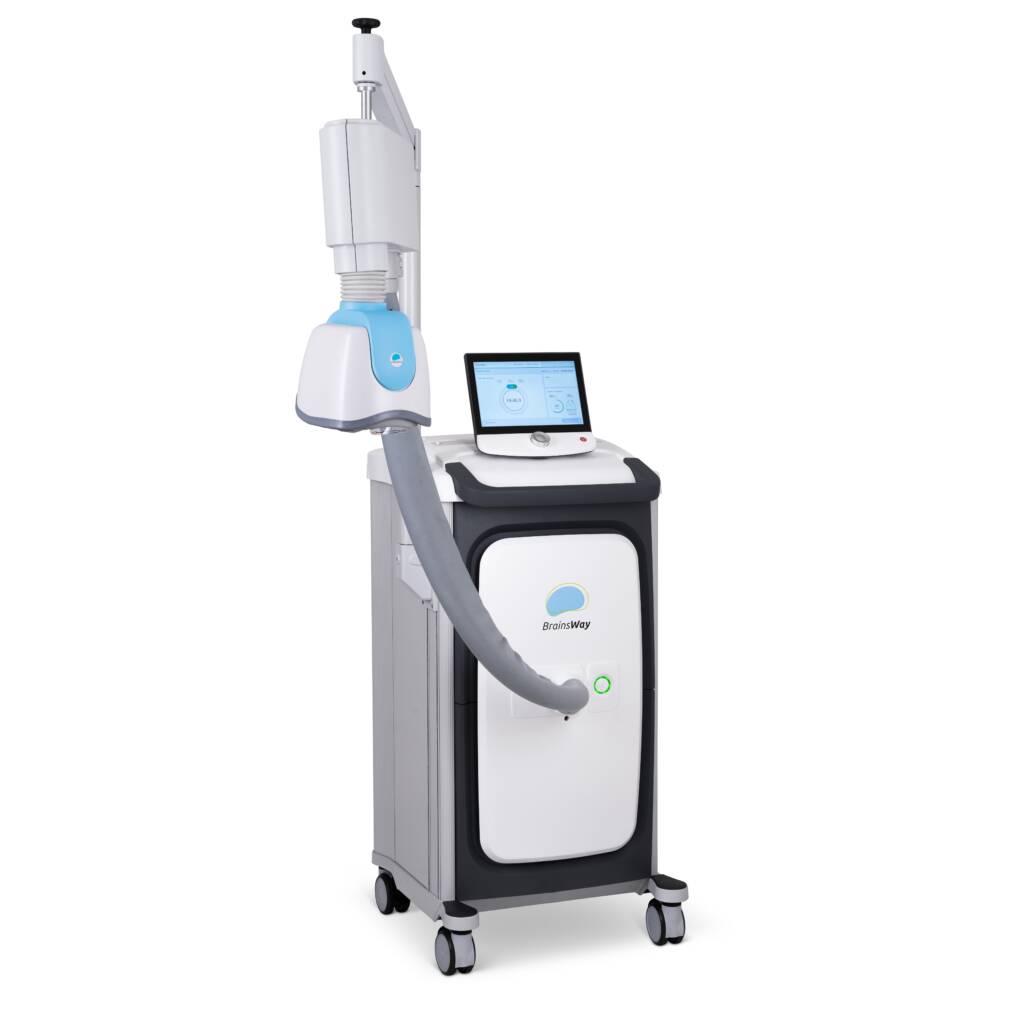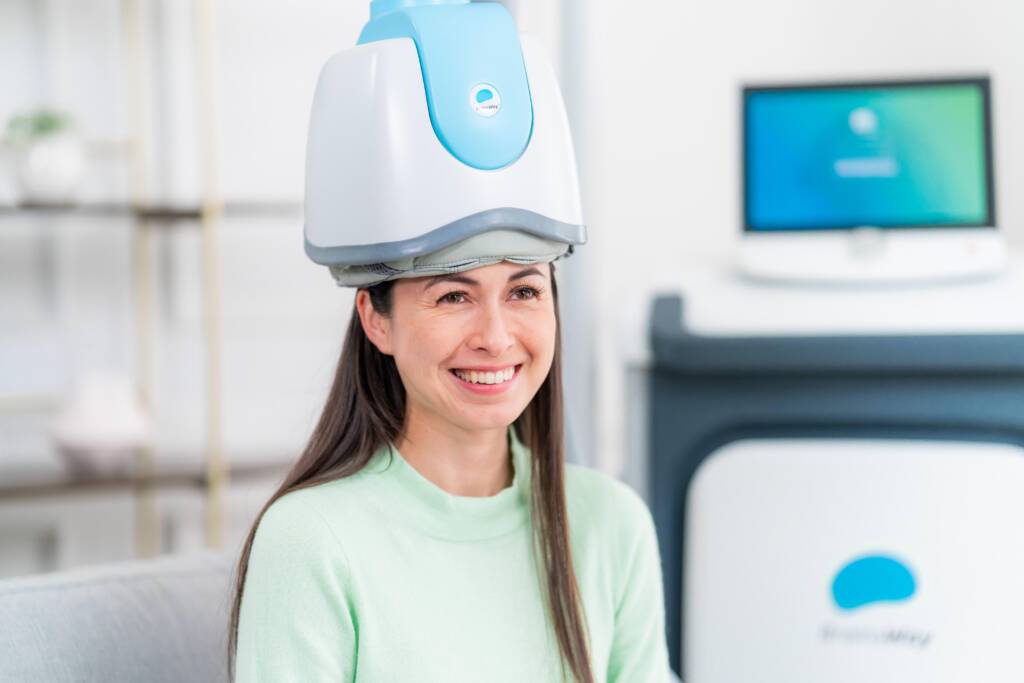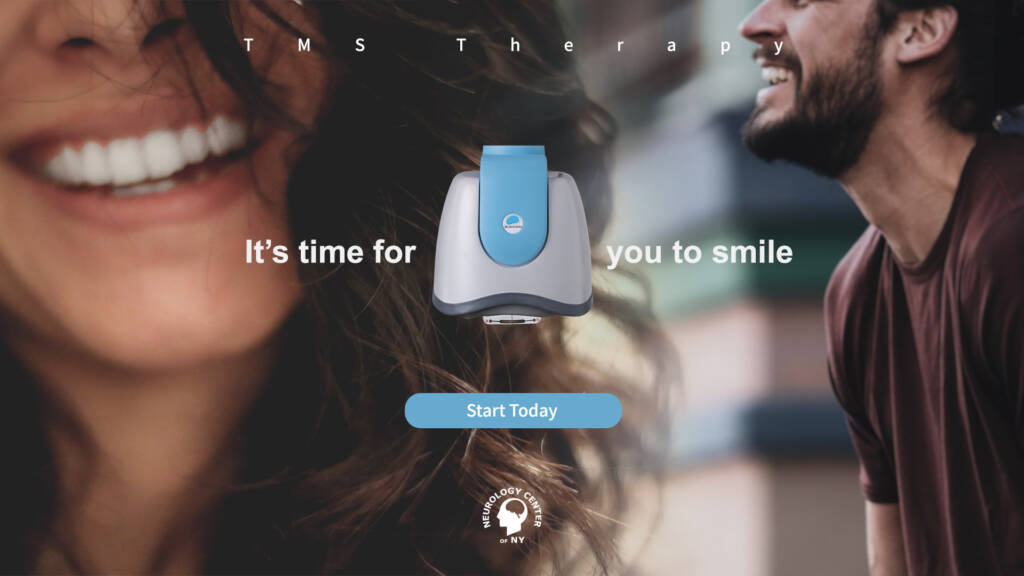If you or a loved one is struggling with major depressive disorder (MDD) and traditional treatments such as medication or psychotherapy have not been effective, Transcranial Magnetic Stimulation (TMS) therapy may be an option worth considering. At our neurology clinic, we are dedicated to providing patients with cutting-edge treatments that can improve their quality of life, and TMS therapy is one such treatment that has shown promising results for individuals with MDD.
What is TMS Therapy?
TMS therapy is a non-invasive, FDA-approved treatment that uses magnetic fields to stimulate nerve cells in the brain. During the treatment, a small electromagnetic coil is placed on the patient’s scalp near the forehead. This coil produces magnetic pulses that pass through the skull and stimulate the areas of the brain responsible for regulating mood and emotion. These pulses help to increase activity in these areas, leading to an improvement in depressive symptoms.


The Benefits of TMS Therapy for Depression
TMS therapy has several benefits for individuals struggling with depression. One of the most significant benefits is its effectiveness in treating depression which has not responded well to traditional treatments. Studies have shown that up to 60% of individuals with MDD who have not responded well to medication have experienced significant improvement in depressive symptoms with TMS therapy.
In addition to its effectiveness, TMS therapy is also a safe treatment with minimal side effects. Common side effects include mild to moderate discomfort at the site of the stimulation, headache, and scalp tingling, which usually resolve quickly. Serious side effects are rare and include seizures, which occur in less than 1% of patients.
Another benefit of TMS therapy is its long-lasting effects. Studies have shown that the benefits of TMS therapy can last for up to a year after treatment. This is in contrast to traditional treatments such as medication, where the benefits may diminish over time, or psychotherapy, where the benefits may depend on the patient’s ongoing participation.
Curabitur varius eros et lacus rutrum consequat. Mauris sollicitudin enim condimentum, luctus justo non, molestie nisl.
Primary Conditions for TMS Therapy
- TMS therapy is an option for individuals who meet certain criteria. These criteria include:
- Confirmed diagnosis of major depressive disorder (MDD) from a qualified mental health professional required.
- Prior unsuccessful or limited response to antidepressant medication or intolerable side effects.
- Medical evaluation is required to ensure no contraindications to TMS therapy, such as a history of seizures or metallic implants in the head/neck.
- Commitment to attending all treatment sessions and completing the full course of treatment (4-6 weeks) is required.
- Willingness to participate in follow-up care, including ongoing monitoring of depressive symptoms and treatment plan adjustments, is required.

At our neurology clinic, we are committed to providing patients with the best possible care and offering cutting-edge treatments such as TMS therapy. To learn more about TMS therapy or to schedule a consultation fill in your details in the form below. We look forward to helping you on your journey towards better wellness.

4 Comments
d-change.net
It’s actually a nice and useful piece of info. I’m glad
that you shared this helpful information with us.
Please keep us up to date like this. Thanks for sharing.
D-change.net
If you want to grow your know-how only keep visiting
this web page and be updated with the most recent news update
posted here.
Bernardo
This site definitely has all the information and facts I needed concerning this subject and didn’t know
who to ask.
Sam Andrews
Oh, okay. I suppose you were right in telling us that one may consider the TMS therapy should medication isn’t effective enough. My brother has a friend whose sister got depressed following her recent bankruptcy case. She needs to call a therapist right away to get some treatment. https://premierhwutah.com
Comments are closed.